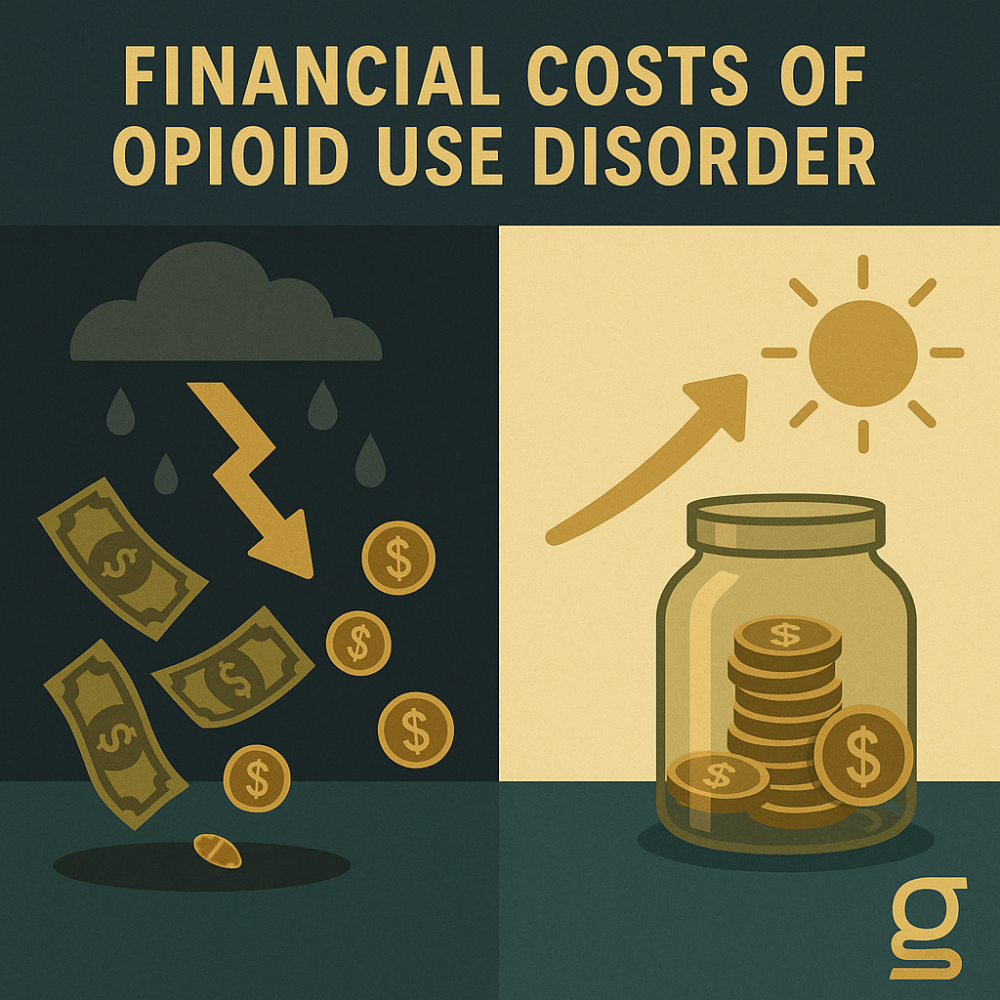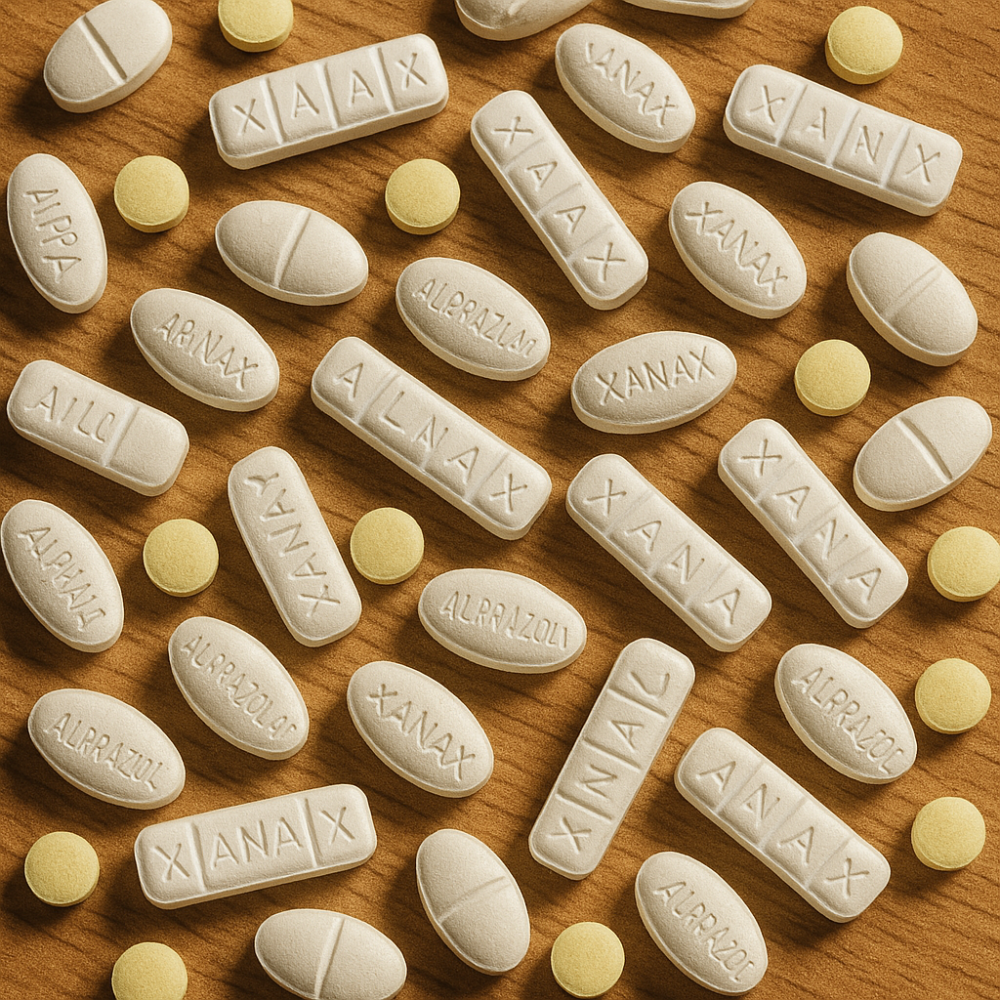Adding just two to three healthy daily habits to your everyday routine can drastically improve your life. Simple things, such as making the bed and brushing your teeth before bed, take seconds but can make a world of difference. Setting reasonable boundaries and scheduling healthy routines to help curb anxiety and stress. According to the Substance Abuse and Mental Health Services Administration (SAMHSA), daily habits positively affect the long-term success of your recovery.
A routine can include eight hours of sleep, eating healthy, daily exercise, goal setting, journaling, and taking care of yourself. By committing to at least two new behaviors and changing your mindset, you can develop daily habits that will stick with you for the rest of your recovery.
Create Your Own Daily Habits
There are several ways to maintain daily habits. Have a firm end time to wrap up your daily routine. However, keep balance in mind when creating your schedule.
Some tips for creating your routine include:
- Have a firm end time for your daily routine
- Be mindful of balancing commitments, responsibilities, and fun
- Take inventory of your goals
- Be honest with yourself about your limitations when creating your routine
- Use a daily calendar to help you track and prioritize important goals, commitments, or responsibilities
The Importance of Sleep
Sleep deprivation often leads to severe consequences for individuals with substance use disorder, including more aggressive cravings, depression, anxiety, and restlessness.
However, developing a better sleep schedule and habits can help you stay healthy and start the day off nicely. Try creating a healthy sleeping routine that works for you.
Some simple tips for building a healthier sleeping routine include:
- Avoid stimulants like caffeine, nicotine, and sugar, especially before bedtime
- Set an alarm to wake up at the same time every morning
- Avoid naps because they may disturb your nightly sleeping rhythm.
- Avoid watching the television or going on any blue-screen items (cell phone or tablets) before bedtime
- Soothe your mind and body with a warm or cool shower
- Try pampering yourself with bath and body products before bedtime
- Try reading a physical book (not on a screen) before bed
Daily Habits Along With Exercise Are Important
Exercise not only enhances your physical health but your emotional and spiritual well-being. According to research, many people have reported reduced anxiety, improved concentration, and increased self-confidence with the use of exercise in treating drug abuse.
One study by Harvard Health Publishing titled “Can Exercise Help Conquer Addiction?” shows a correlation between exercise and decreased cravings for alcohol and drugs. By working out, you’re keeping your mind focused while improving your overall quality of life.
Getting into a fitness routine can seem daunting. However, several tips can help you take the first steps toward a healthier and more active lifestyle:
- Listen to your body’s limitations
- Aim for a combination of aerobic activity and strength training
- Spending time in nature can also be a fun, stress-reducing activity
- Start with simple exercises like walking your dog or cycling
- Fit at least 30 minutes of movement a day at any intensity
- Build up to 30 and 60 minutes of moderate-intensity physical activity, five days a week
Journaling to Aid Your Recovery
Journaling can be an essential piece of sobriety for many people. It’s easy to do, and it helps with accountability.
As a therapeutic tool, expressive writing gives you the space to process memories, frustrations, trauma, trauma-related symptoms, and anxiety related to your substance use disorder.
To start this healthy daily habit, try out the following suggestions:
- Write for ten minutes a day for about a week, then accumulate your goal amount
- Try starting and ending your day with journaling
- Set a time in your calendar for writing
Change Your Diet
To help you with your recovery from substance use disorder, following a balanced diet helps. Eating nutritious foods often helps to improve your overall mental and physical health. Eating well can make you feel energetic, alert, and healthier. It can also improve your sleep and reduce your stress levels, which helps you stay on track with your recovery.
Staying hydrated, reading food labels, and using the My Plate tool are great starting points. A nutritionist can also help you find the best diet for your body type. These tips will get you started on healthy eating as a daily healthy habit.
Get Started With a Hobby
Long-term recovery involves adopting new healthy lifestyle habits. Hobbies often increase your endorphin levels, self-esteem, motivation for recovery, and a more balanced life.
Try hobbies you find both enjoyable and supportive of your sobriety. Some ideas for new hobbies include dance, tai chi, cooking, reading, gardening, playing an instrument, and gardening. You are never too old to learn new skills or start a new hobby to implement into your daily routine.
By embarking on the journey of recovery, you are pledging to live a healthier lifestyle. Following a healthy daily routine will help you recover by improving your mental, physical, and spiritual health. Once you are out of the throes of addiction, you will find yourself with the time and energy to develop new interests. A daily routine often involves many aspects of everyday life. Your new routine can include sleep, eating well, daily exercise, journaling, a hygiene routine, or new hobbies.
If you or a loved one are struggling with substance use disorder, Gallus Medical Detox Centers is here to be your first step towards recovery. Our treatment is based on many factors that change constantly. We pride ourselves in adapting your specific care to these changes at a moment’s notice if needed. Our programs are designed to effect lasting change. We want to ensure your success in long-term recovery.


 Steve B
Steve B 

 Casey Wilson
Casey Wilson